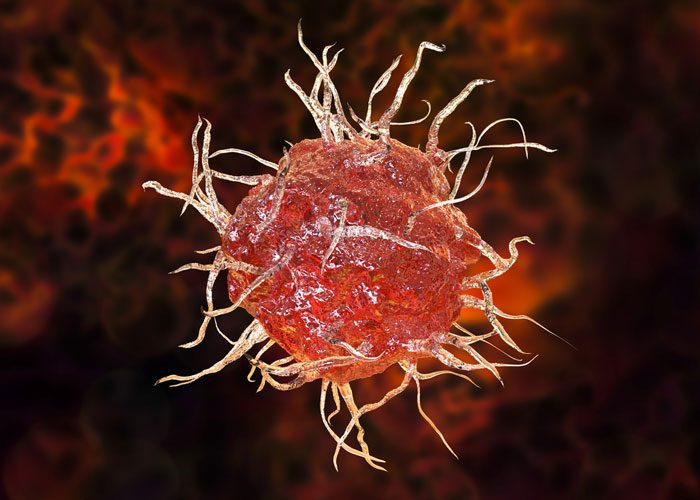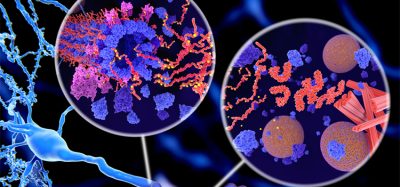Mechanism that triggers dendritic elongation discovered
Posted: 30 October 2023 | Drug Target Review | No comments yet
Short-chain fatty acids produced by intestinal bacteria initiate dendritic elongation, a mechanism that could be used as a drug target.


Dendritic cells are crucial within the mammalian immune system. Present throughout the human body, they catch foreign bodies such as antigens, using extendable “arms” named dendrites. The dendritic cells then present these substances to immune T cells, beginning an immune response.
Dendritic cells respond to their environment and can change their morphology and other attributes dynamically. For example, dendritic cells in the intestine’s mucosa (inner layer) trap harmful bacteria by extending their dendrites through the epithelium (outermost layer) and into the intestinal lumen (inner space), although the exact mechanism by which they do this was unknown.
However, recently a team of researchers led by Associate Professor Dr Kazuyuki Furuta, Mr Takuho Inamoto, Dr Kazuya Ishikawa, and Dr Chikara Kaito from the Graduate School of Medicine, Dentistry, and Pharmaceutical Sciences at Okayama University, Japan discovered that short-chain fatty acids (SCFAs) produced by intestinal bacteria are responsible for initiating the extension of dendrites into the intestinal lumen by dendritic cells.
SCFAs, a group of fatty acids with six or less carbon atoms, are found in high concentrations in the intestine. The scientists uncovered that that SCFAs such as acetic, propionic, butyric and valeric acids induce dendrite elongation by inhibiting the histone deacetylase enzyme. Inhibition of histone deacetylase results in the reorganisation of the actin cytoskeleton of dendritic cells which induces morphological changes. To discover this, the team studied the effects of SCFAs on a dendritic cell line (DC2.4 cells) and mouse bone marrow-derived dendritic cells (BMDCs) in a laboratory setting.
Dr Furuta said: “Ours is the first study to demonstrate that SCFAs induce dendrite elongation by inhibiting histone deacetylase. Moreover, dendritic cells activated by SCFAs exhibited more stronger immune responses, due to increased pathogen uptake.”
Further analyses showed that treating dendritic cells with valeric acid meant there was an increase in soluble protein uptake, insoluble beads, and Staphylococcus aureus bacteria. Contrastingly, the treatment of BMDCs with valeric acid enhanced their antigen presentation ability. The scientists also saw that SCAFs activated dendrite elongation by stimulating a signalling pathway involved in reorganisation of the actin cytoskeleton, forces in control of cell movement and cell morphology.
Dr Furuta explained the implications of the study’s results: “Our findings may be leveraged to identify beneficial intestinal bacteria producing SCFAs to activate immune responses and aid in the prevention of diseases. In addition, the dendritic elongation mechanism we discovered can be used as a target to develop drugs that regulate immune responses artificially.”
This study was published in The FEBS Journal.
Related topics
Drug Targets, Immunology
Related organisations
Okayama University Graduate School of Medicine Dentistry and Pharmaceutical Sciences
Related people
Dr Chikara Kaito (Okayama University Graduate School of Medicine Dentistry and Pharmaceutical Sciences), Dr Kazuya Ishikawa (Okayama University Graduate School of Medicine Dentistry and Pharmaceutical Sciences), Dr Kazuyuki Furuta (Okayama University Graduate School of Medicine Dentistry and Pharmaceutical Sciences), Takuho Inamoto (Okayama University Graduate School of Medicine Dentistry and Pharmaceutical Sciences)








